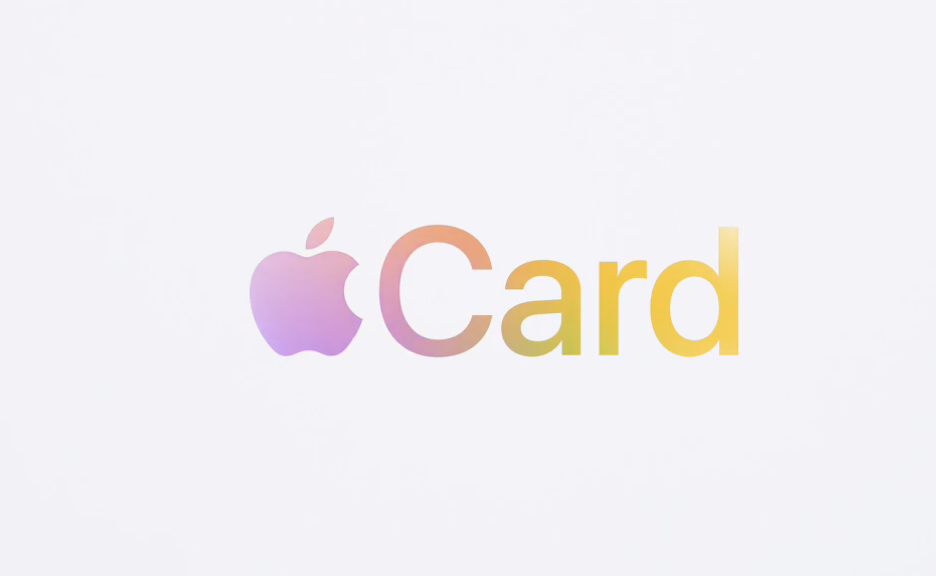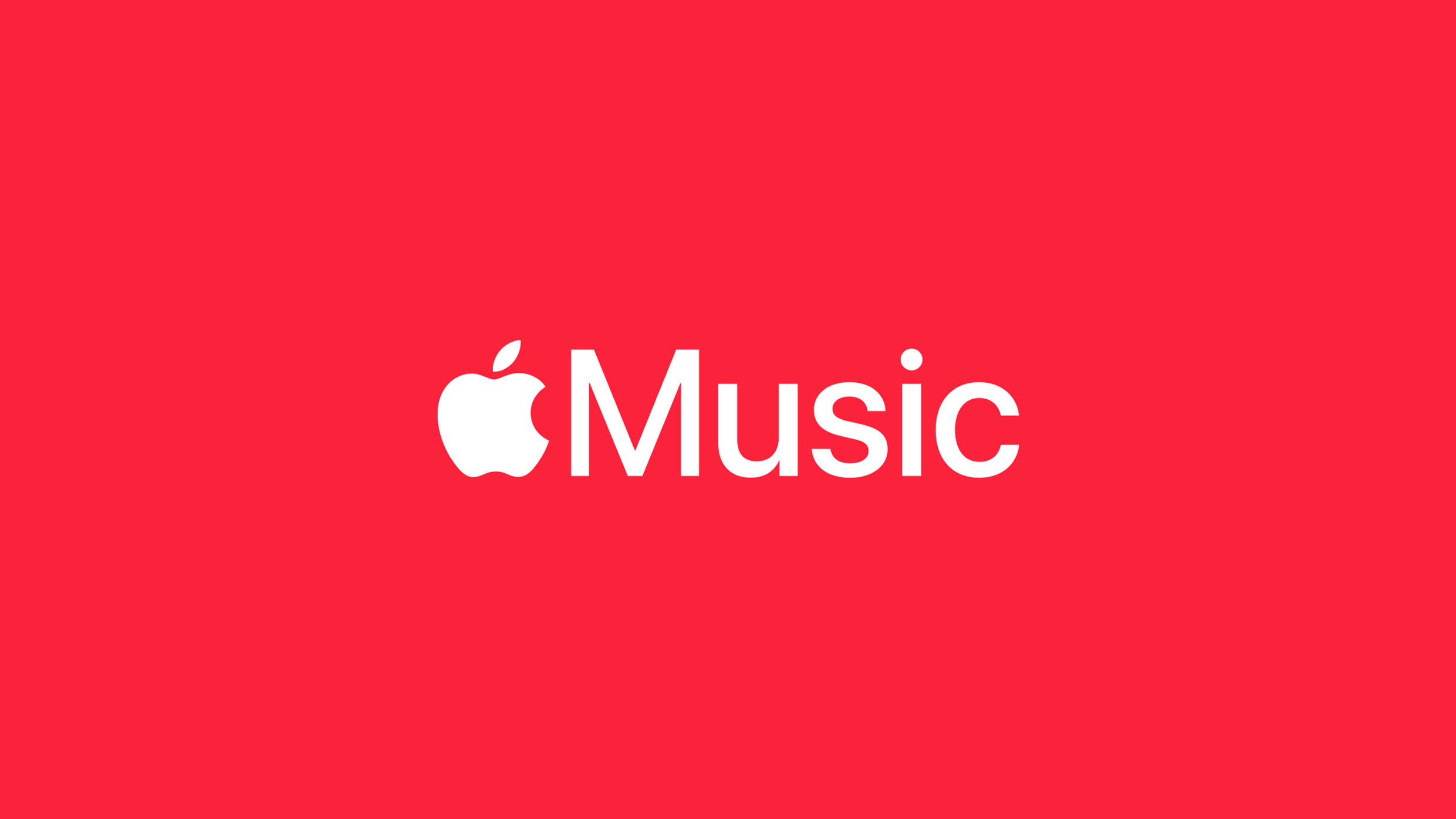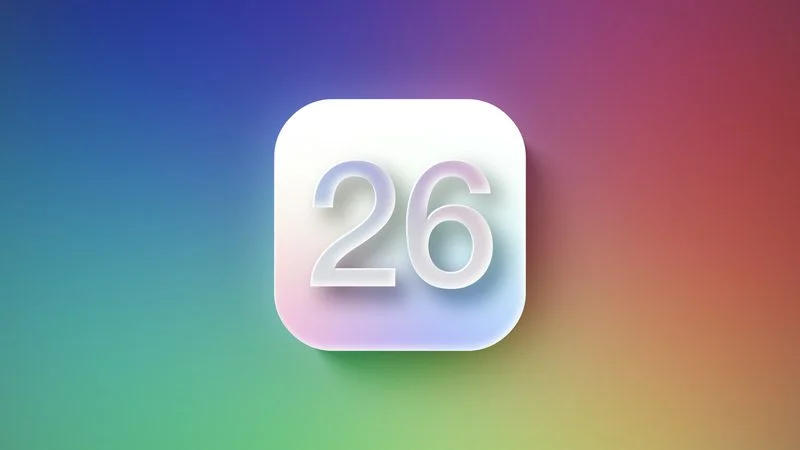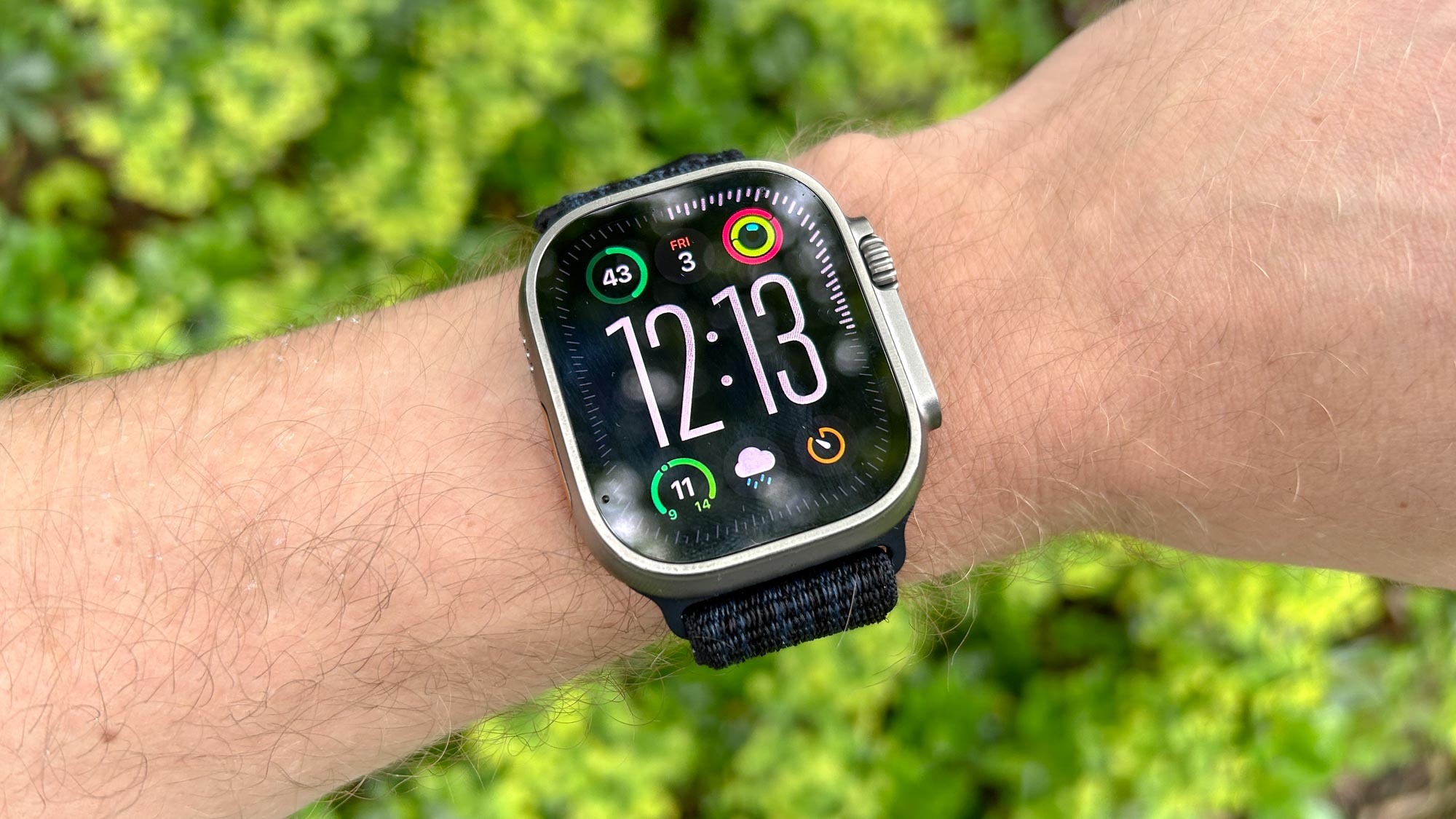A group of U.S. senators from both parties has brought back a bill to reduce the control Apple and Google have over mobile app stores. The Open App Markets Act, first introduced in 2021, wants to make the app market fairer for developers and users.
The bill is led by Senators Marsha Blackburn, Richard Blumenthal, Mike Lee, Amy Klobuchar, and Dick Durbin. The proposed law would force Apple and Google to allow apps to be installed from other sources, not just their stores.
It would also let developers use different payment systems and stop companies from punishing developers who offer better prices elsewhere. Senator Blumenthal said, “Apple and Google have built walls to block competition and raise prices for users.” The goal is to encourage more choices and lower costs.
The bill has support from companies like Spotify and Epic Games, who say it will help small businesses and spark new ideas. However, Apple and Google argue that their rules protect user safety. The bill still needs to pass Congress and get the President’s approval to become law. It faces challenges, as tech companies spent millions to block it last time. With growing concerns about tech giants, this bill could change how app stores work.








